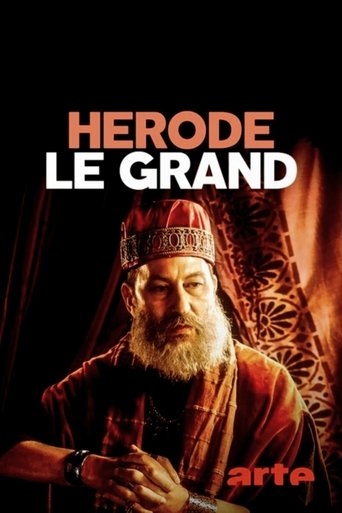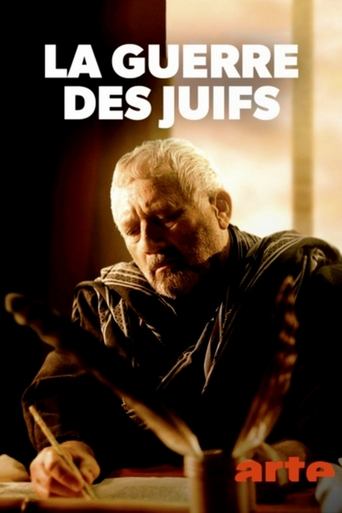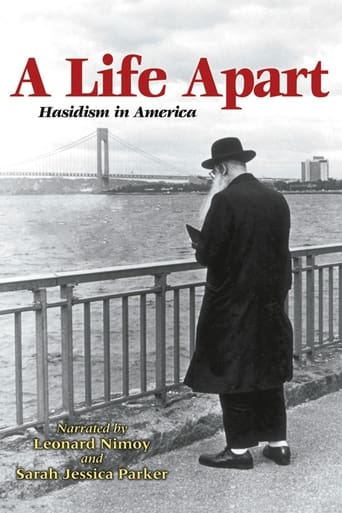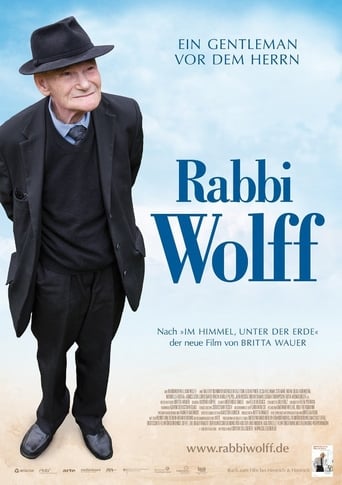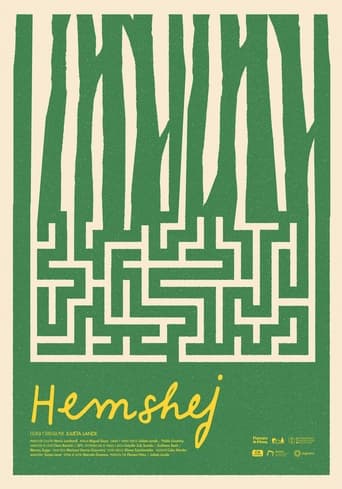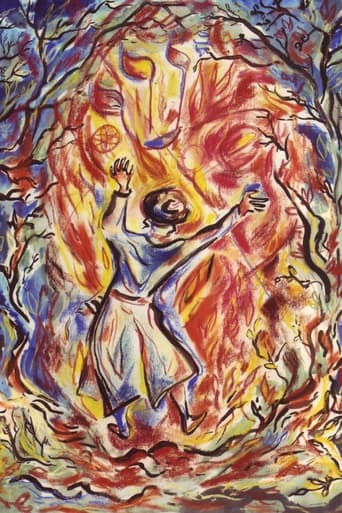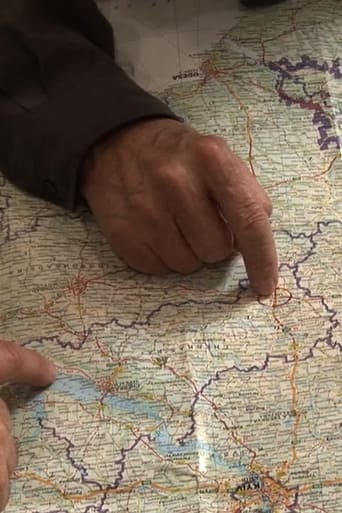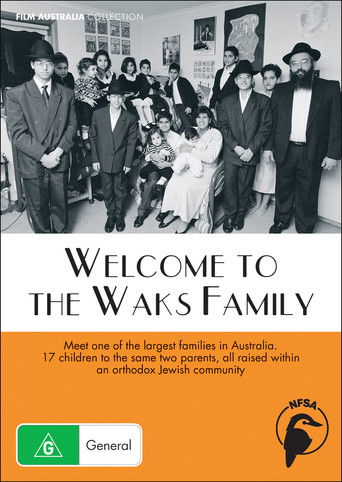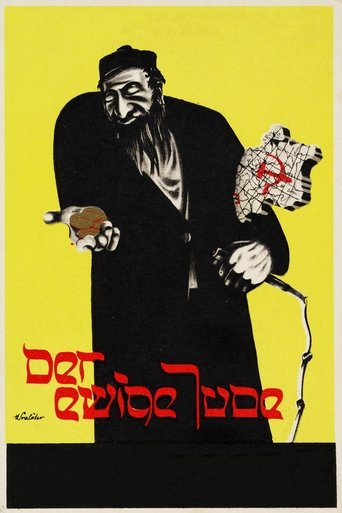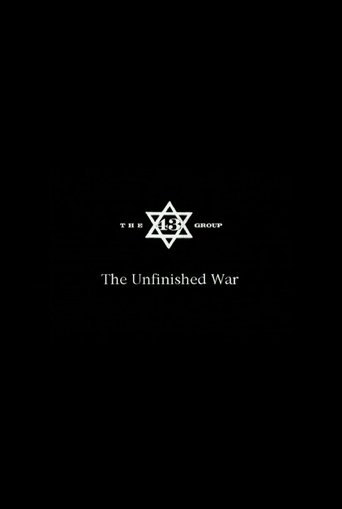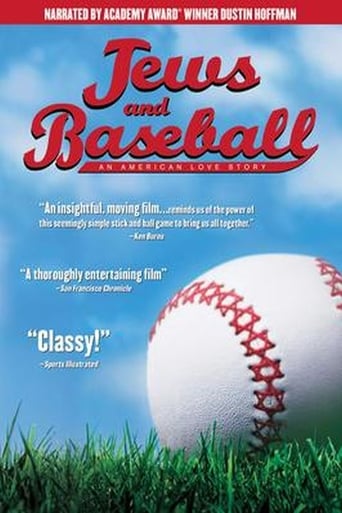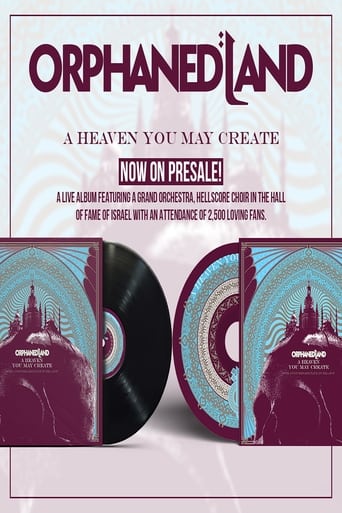Finding Mashiach
Jewish people have waited for the arrival of the Messiah for thousands of years. Join Berel Solomon on an action-packed new movie called Finding Mashiach. An adventure to the land of Israel and beyond to find the Moshiach. Amid the war in Israel and Gaza, the conflict between Ukraine and Russia, and the Presidential election between Donald Trump and Joe Biden, global unrest has made the world appear darker than ever. Some might think we're heading toward Armageddon, rapture, the end of days, apocalypse, the Day of Judgment, or the resurrection of the dead. What is really going on? How does Judaism differ from Christianity, Islam, and other major religions on the subject of the Messiah? The whole world seems to be shaking, and all the major Jewish rabbis and theologians agree: the time is now. There is only one thing that can save us. Join this journey to enhance your spirituality, based completely on the Torah, the Talmud, Kabbalah, and authentic Hebrew Bible sources.
